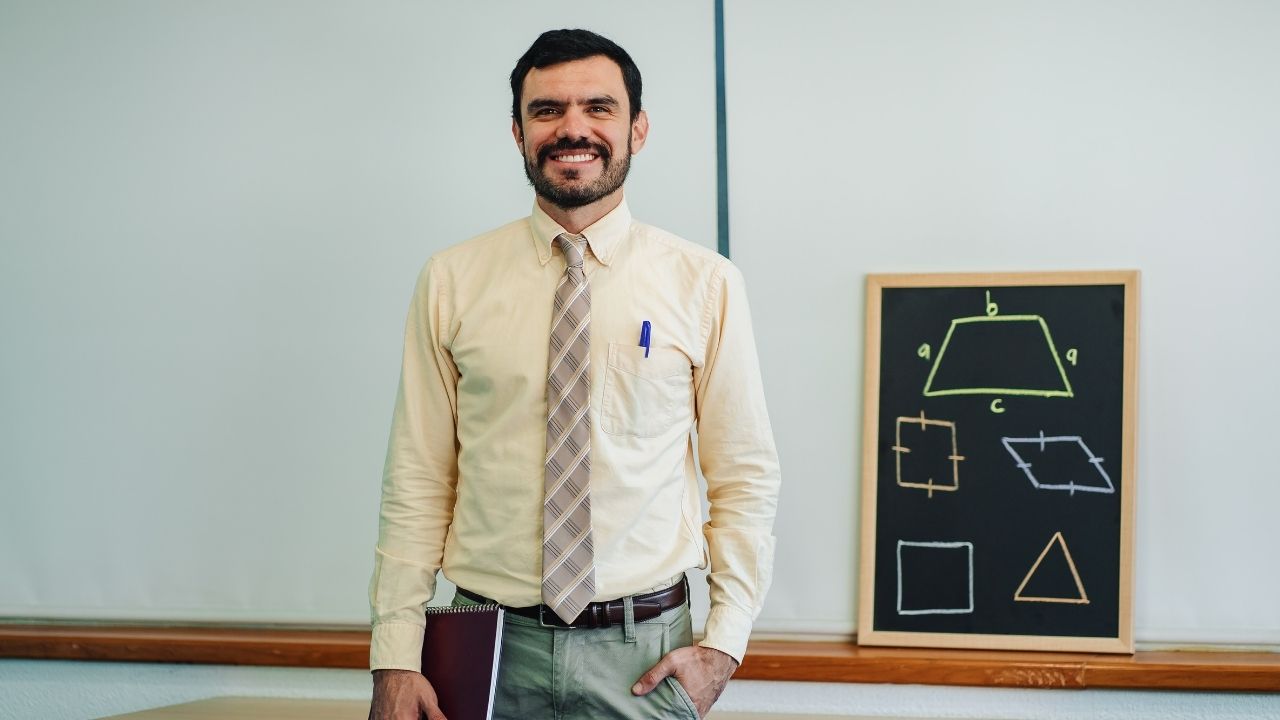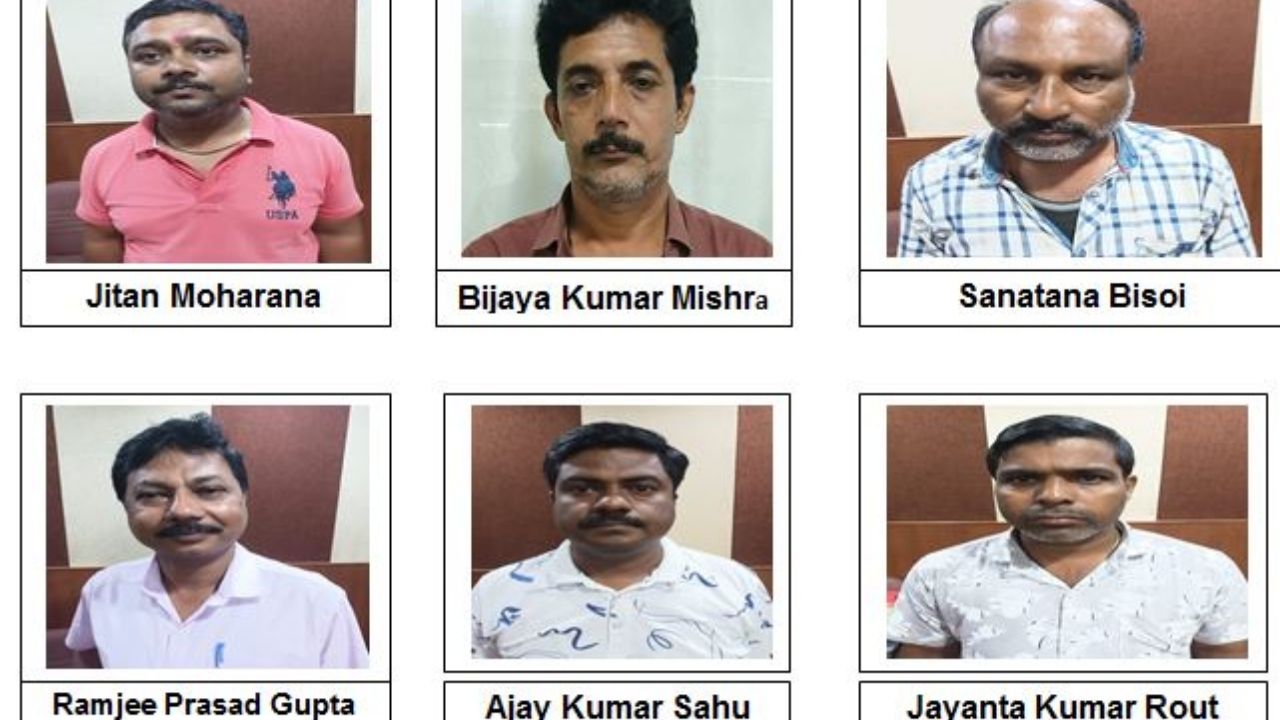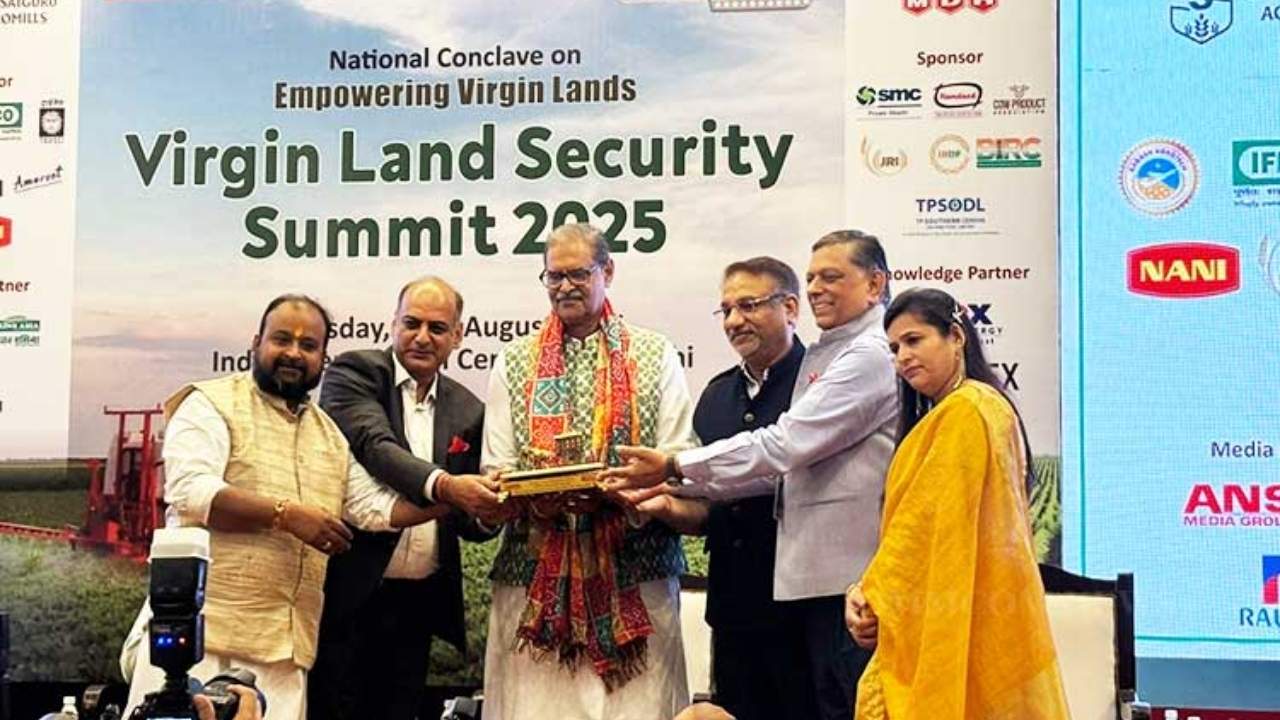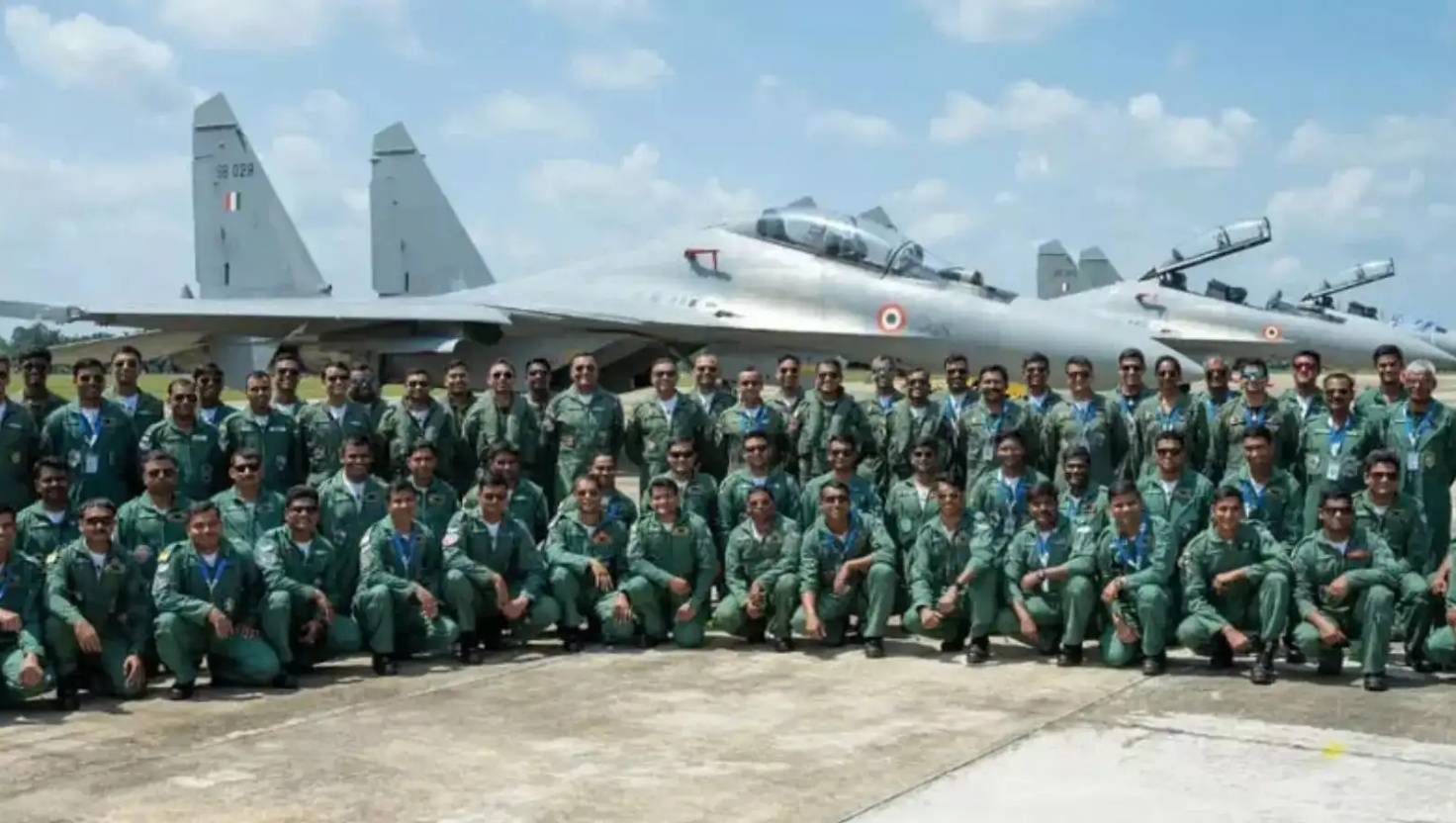In a dramatic development for the higher education landscape in Odisha, a total of 342 senior academics are vying for just 13 vice-chancellor (VC) positions in various universities across the state. The contest, which has gained significant media attention, follows the state government’s decision to open up these critical roles after a long hiatus, thus setting the stage for a high-stakes battle among the best minds in academia. Let’s dive into the reasons behind this massive contest, the universities involved, the application process, and what this means for higher education in Odisha.
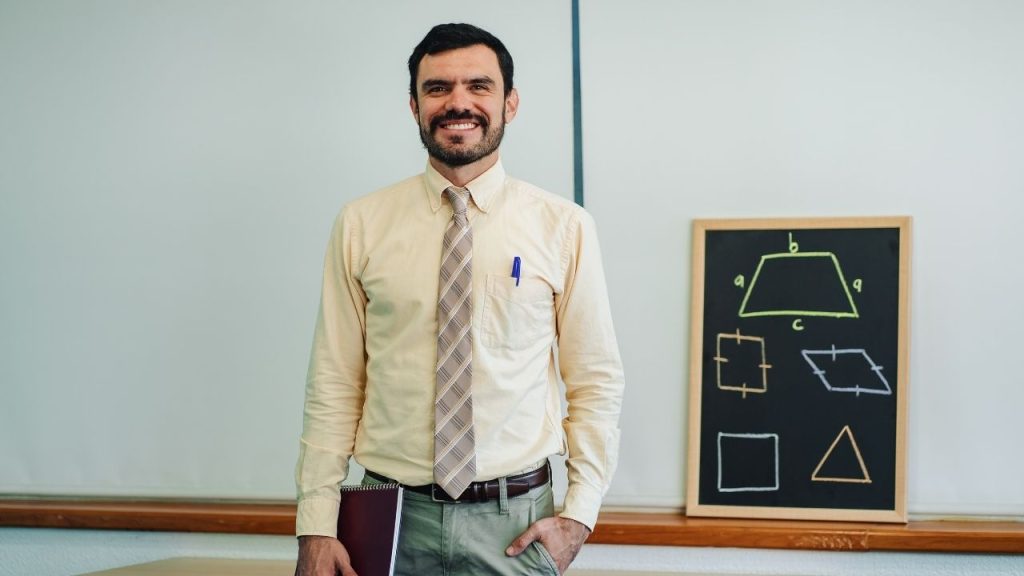
This article explores the dynamics of this fierce competition, the significance of the role of Vice-Chancellor in Indian universities, and how this selection process may impact both the academic community and the students who depend on these institutions for their education.
13 Vice Chancellor Positions, 350 Senior Academics
| Key Point | Details |
|---|---|
| Number of Applicants | 342 senior academics |
| Number of Vice-Chancellor Positions | 13 |
| Top Universities in Focus | Utkal University, Ravenshaw University, Gangadhar Meher University, and more |
| Selection Process | Three-member committee, UGC guidelines, final selection by Chancellor |
| Timeline | Appointments expected to be completed within 3 months |
| Issue of Interim Appointments | Interim VCs were appointed, but some were contested in court |
| Official Reference | Times of India |
| Key Universities | Utkal University, Ravenshaw University, Maharaja Sriram Chandra Bhanjadeo University, Fakir Mohan University, Khallikote University, and others |
The fierce competition for the vice-chancellor positions in Odisha universities highlights the significant role these leaders play in shaping the future of higher education in India. With 342 applicants competing for 13 positions, this is a rare and exciting moment for the state’s academic community.
For the universities, the stakes are high, and the outcome will determine whether these institutions can continue to thrive or face ongoing administrative challenges. For the applicants, it’s a once-in-a-lifetime opportunity to make a real impact on the educational landscape of Odisha. As we await the final appointments, the hope is that the state chooses the right leaders who can take these institutions to new heights.

Introduction to the Race for Vice-Chancellor Positions in Odisha
The higher education system in India has always been an area of focus, with universities playing a central role in shaping the future of students and researchers. In Odisha, the appointment of vice-chancellors (VCs) has become a major point of contention and interest. Historically, the role of the VC is pivotal in the development of a university, overseeing academic growth, faculty recruitment, and the management of university policies.
The Odisha government’s recent push to fill 13 vacant VC positions has stirred up a lot of buzz. Since the new amendment to the Odisha Universities Act in 2024, 342 senior academics from across India have applied for these prestigious positions. These universities, including well-known institutions like Utkal University and Ravenshaw University, have become hotbeds of competition.
The Role of Vice-Chancellor: Why Is This So Important?
Before diving into the specifics of this contest, it’s crucial to understand why the role of Vice-Chancellor is so significant. VCs act as the chief executive officers of a university. They’re responsible for maintaining the academic integrity, managing the administration, and implementing the university’s policies. Their decisions affect faculty appointments, student admissions, research direction, funding, and much more.
A VC essentially leads the institution towards fulfilling its academic and social mission, ensuring that it remains relevant in a rapidly changing world. Therefore, the selection of a competent VC is a matter of both academic excellence and administrative prowess. And, with 342 applicants for only 13 positions, the stakes couldn’t be higher.
Universities with Vacant Vice-Chancellor Positions
Here are the 13 universities in Odisha currently seeking new vice-chancellors:
- Utkal University
- Ravenshaw University
- Maharaja Sriram Chandra Bhanjadeo University, Baripada
- Gangadhar Meher University, Sambalpur
- Fakir Mohan University, Balasore
- Khallikote Unitary University, Berhampur
- Shree Jagannath Sanskrit University, Puri
- Rama Devi Women’s University
- Rajendra University, Balangir
- Dharanidhar University, Keonjhar
- Vikram Dev University, Jeypore
- Madhusudan Law University, Cuttack
- Maa Manikeshwari University, Kalahandi
These institutions have remained without permanent vice-chancellors for a prolonged period, causing challenges in their functioning, including delays in faculty recruitment and decision-making processes.
Why So Many Academics Are Interested
The battle for these positions is particularly intense because Utkal University and Ravenshaw University are some of the oldest and most prestigious institutions in Odisha, making them the most desirable VC positions. These universities are not only central to the academic life in Odisha but are also significant in the region’s cultural and social fabric.
Moreover, the recent changes in the Odisha Universities (Amendment) Act, 2024, have provided clearer guidelines for the selection process, making it more transparent and competitive. The updated act mandates that the University Grants Commission (UGC) guidelines be strictly followed, ensuring that candidates from diverse backgrounds and academic disciplines are considered.
The Selection Process: How It Works
The selection of a vice-chancellor involves a highly structured process. It begins with the advertisement of the VC positions by the state government. Interested candidates must submit their applications along with credentials such as research publications, academic achievements, and administrative experience.
The selection committee, consisting of three members, reviews the applications, shortlists candidates, and then conducts interviews. The committee recommends three names for each university, and the Chancellor makes the final selection.
Importantly, the entire process is subject to strict adherence to UGC guidelines, which ensure that only qualified individuals from diverse communities and academic backgrounds are considered. This transparency and adherence to guidelines help ensure that the best possible candidates are chosen.
What’s at Stake: Implications for Higher Education
The outcome of this selection process will have far-reaching implications for the future of higher education in Odisha. A strong vice-chancellor can bring about much-needed reform, while a weak appointment could result in continued administrative stagnation.
The lack of permanent leadership at some universities has already led to a slowdown in faculty recruitment, delays in decision-making, and dissatisfaction among students and staff. For instance, Utkal University has been operating without a permanent VC since November 2024, with interim appointments often leading to confusion and instability.
To mitigate these challenges, the Odisha government has also implemented measures to appoint interim VCs, ensuring that the universities can continue to function until permanent appointments are made.
Practical Advice for Applicants
If you are one of the applicants vying for a VC position, here are some key pieces of advice that could help you stand out:
- Highlight Your Academic Achievements: Ensure that your research, publications, and academic accolades are clearly presented. It’s important to demonstrate that you have not only contributed to the academic field but also led projects that had a meaningful impact.
- Showcase Your Leadership Skills: The VC role is not just about academics – it’s about managing people, resources, and policies. Highlight any leadership roles you’ve held in your career, whether in academia or beyond.
- Understand the University’s Needs: Do thorough research on the specific universities you’re applying for. Understand their challenges, strengths, and vision for the future. Tailor your application to demonstrate how your skills align with their goals.
- Network: If possible, connect with faculty members or administrators from the universities you’re applying to. They may offer insights into the selection process and expectations.
Odisha’s Higher Education Institutions to Offer Skill-Based Degree Programs in 2025
Odisha Unveils AI-Powered Tender Management System to Accelerate Project Execution
B.Ed Qualified Candidates Should Be Appointed as Junior Teachers, Orissa High Court States
FAQs
1. What are the requirements to apply for a VC position in Odisha?
To apply, candidates need to have significant academic qualifications, a proven track record in research, teaching experience, and administrative leadership. The application process also includes an interview with a selection committee.
2. How long will the selection process take?
The Odisha government aims to complete the appointment process within three months.
3. What challenges are Odisha’s universities facing due to a lack of permanent VCs?
Key challenges include delays in faculty recruitment, lack of academic leadership, and decision-making paralysis. These issues have hindered the universities’ growth and development.
4. How does the appointment process ensure fairness?
The selection process follows the UGC guidelines, ensuring that diverse candidates are considered. The final decision is made by the Chancellor after a rigorous interview process.

